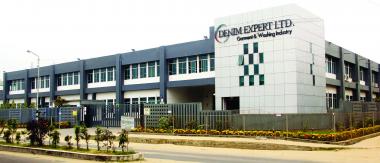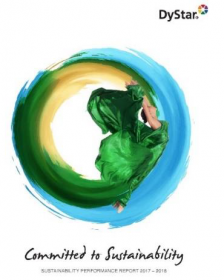DENIM EXPERT LTD.: First denim company from Bangladesh to join the UNFCCC
Denim Expert Ltd. joined the Fashion Industry Charter for ClimateAction alongside other brands and suppliers.
Denim Expert Ltd. is the first manufacturer in Bangladesh to join the UNFCCC (United Nations Framework Convention on Climate Change) and currently taking climate action in line with the goals established by the Paris Agreement of 2015. The company is limiting their Green House Gas (GHG) emissions supporting the world reaching climate neutrality by 2050.
The United Nations Framework Convention on Climate Change (UNFCCC) is an international environmental treaty, which entered in to force on 21st March 1994, having being ratified by a sufficient number of countries. The ultimate objective of the convention is to stabilize greenhouse gas concentrations in the atmosphere at a level that will prevent dangerous human interference with the climate system.
The parties to the convention have met annually from 1995 in Conferences of the Parties (COP) to assess progress in dealing with climate change. In 1997, the Kyoto Protocol was concluded and established legally binding obligations for developed countries to reduce their greenhouse gas emissions in the period 2008–2012. The 2010 United Nations Climate Change Conference produced an agreement stating that future global warming should be limited to below 2.0°C relative to the pre-industrial level. In 2015 the Paris Agreement was adopted, governing emission reductions from 2020 onwards, through commitments of countries in Nationally Determined Contributions, lowering the target to 1.5°C. The Paris Agreement entered into force on 4 November 2016.
Denim Expert Ltd., Nachhaltigkeit, Bangladesch
Denim Expert Ltd.






